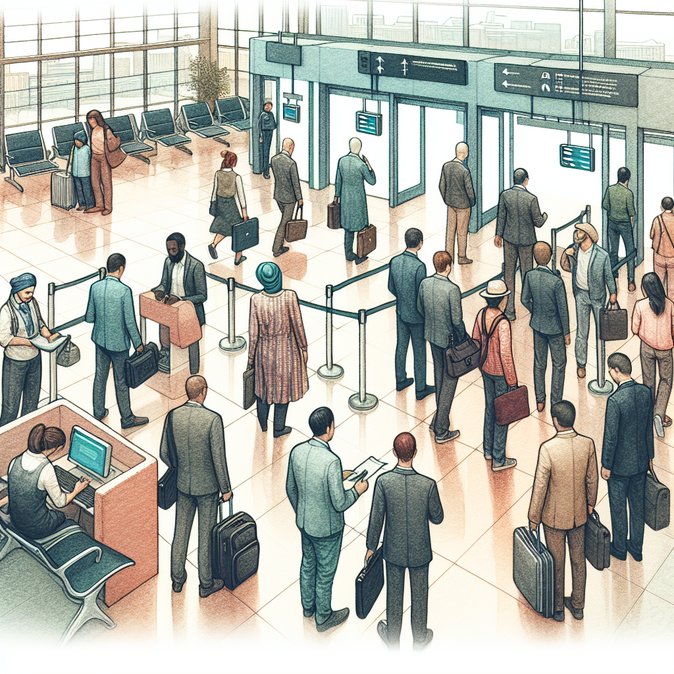
Meeting in Brussels on 6 November, justice and interior ministers formally adopted the Council’s position on the phased operational start of the EU Entry/Exit System (EES), ending months of uncertainty for carriers and border operators. France—one of the main external-border states—endorsed the ‘flexibility clause’ that allows member states to stagger airport, seaport and land-crossing deployment between now and April 2026.
Under the plan, France will continue limited live testing at Paris-Charles-de-Gaulle, Orly, the Port of Calais and the Eurostar terminal in Lille until January, before expanding to all major crossing points by Easter. Non-EU travellers will have biometric data captured at self-service kiosks; returning visitors will bypass manual passport stamping, a change expected to cut peak-season queues by up to 40 per cent once the system beds in.
![EU Ministers—France Included—Approve Final Roll-out Plan for Digital Entry/Exit System]()
The Council text also commits France and other Schengen states to publish weekly performance dashboards—an important win for airlines that argued for more operational transparency after chaotic soft-launches last month.
For global-mobility programmes the decision establishes a concrete timeline: travel managers should budget extra processing time for first-time registrations, update employee travel policies to reflect kiosk procedures, and liaise with relocation providers about retaining entry receipts, which substitute passport stamps for legal-stay calculations.
Under the plan, France will continue limited live testing at Paris-Charles-de-Gaulle, Orly, the Port of Calais and the Eurostar terminal in Lille until January, before expanding to all major crossing points by Easter. Non-EU travellers will have biometric data captured at self-service kiosks; returning visitors will bypass manual passport stamping, a change expected to cut peak-season queues by up to 40 per cent once the system beds in.

The Council text also commits France and other Schengen states to publish weekly performance dashboards—an important win for airlines that argued for more operational transparency after chaotic soft-launches last month.
For global-mobility programmes the decision establishes a concrete timeline: travel managers should budget extra processing time for first-time registrations, update employee travel policies to reflect kiosk procedures, and liaise with relocation providers about retaining entry receipts, which substitute passport stamps for legal-stay calculations.











